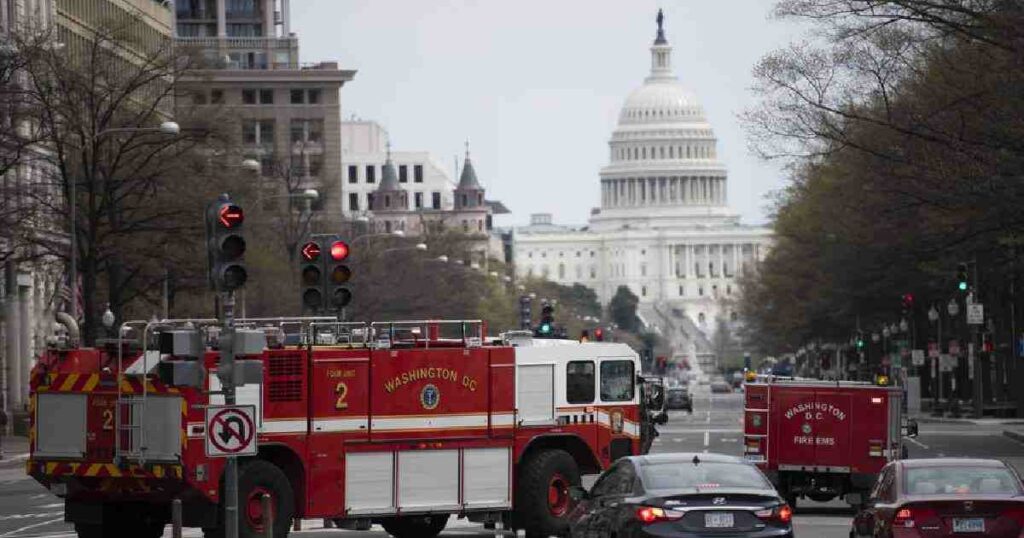As the world is plagued with a spiral of coronavirus infections, politicians and experts call for global solidarity and cooperation against the pandemic.
“COVID-19 should be a wake-up call about the cooperation that will be needed to ensure that any future pandemic — particularly one that is even more lethal than the coronavirus — can be dealt with most effectively by the international community,” Kenneth Quinn, president of the World Food Prize Foundation and former U.S. ambassador to Cambodia, told Xinhua in a recent interview.
More than 30,000 COVID-19 deaths have been reported worldwide, according to the latest data from Johns Hopkins University’s Center for Systems Science and Engineering (CSSE).
Quinn, who had a 32-year career as a U.S. diplomat, said the pandemic “offers a unique opportunity” for Beijing and Washington to cooperate.
“The two most significant countries on our planet in terms of scientific expertise and research capacity need to be partners in ensuring human triumph over the threat of a devastating global cataclysm,” he stressed.
As of Saturday afternoon, there were more than 121,000 confirmed cases in the United States, with 2,010 deaths, an interactive map maintained by the CSSE showed.
Quinn’s remarks on the urgency of U.S.-China collaboration against the disease were echoed by Nicholas Platt, who served as U.S. Ambassador Extraordinary and Plenipotentiary to Pakistan, Philippines, Zambia, and as a high-level diplomat in various countries including China.
“The doctors in the United States understand and agree with doctors in China about the virus and what to do about it,” he said. “We should be learning as much about each other and exchanging as much information as we possibly can.”
Wafaa El-Sadr, director of the Global Health Initiative and ICAP at Columbia University’s Mailman School of Public Health, said that by strengthening collaboration on various fronts such as scientific research, China and the United States can contribute to tackling major global public health threats.
Kent Pinkerton, professor of the University of California Davis School of Medicine, listed three priorities for boosting cooperation: sharing of scientific breakthroughs to reduce the spread of the coronavirus; sharing methods for the treatment of patients with the most severe symptoms of the infection; and dissemination of new research information.
Zhang Zuofeng, professor of epidemiology and associate dean for research at the School of Public Health at the University of California, Los Angeles, said that enhancing cooperation will help find more efficient solutions to the crisis, develop vaccines and therapies for COVID-19, and improve prevention mechanism of new infectious diseases.
The pandemic has swept more than 200 countries and regions, showed the latest data on the website of the World Health Organization (WHO).
According to the Extraordinary G20 Leaders’ Summit Statement on COVID-19, combatting this pandemic calls for a transparent, robust, coordinated, large-scale and science-based global response in the spirit of solidarity.
“We are strongly committed to presenting a united front against this common threat,” said the statement, adding that the group will do whatever it takes to overcome the pandemic.
source: XINHUA/UNB




